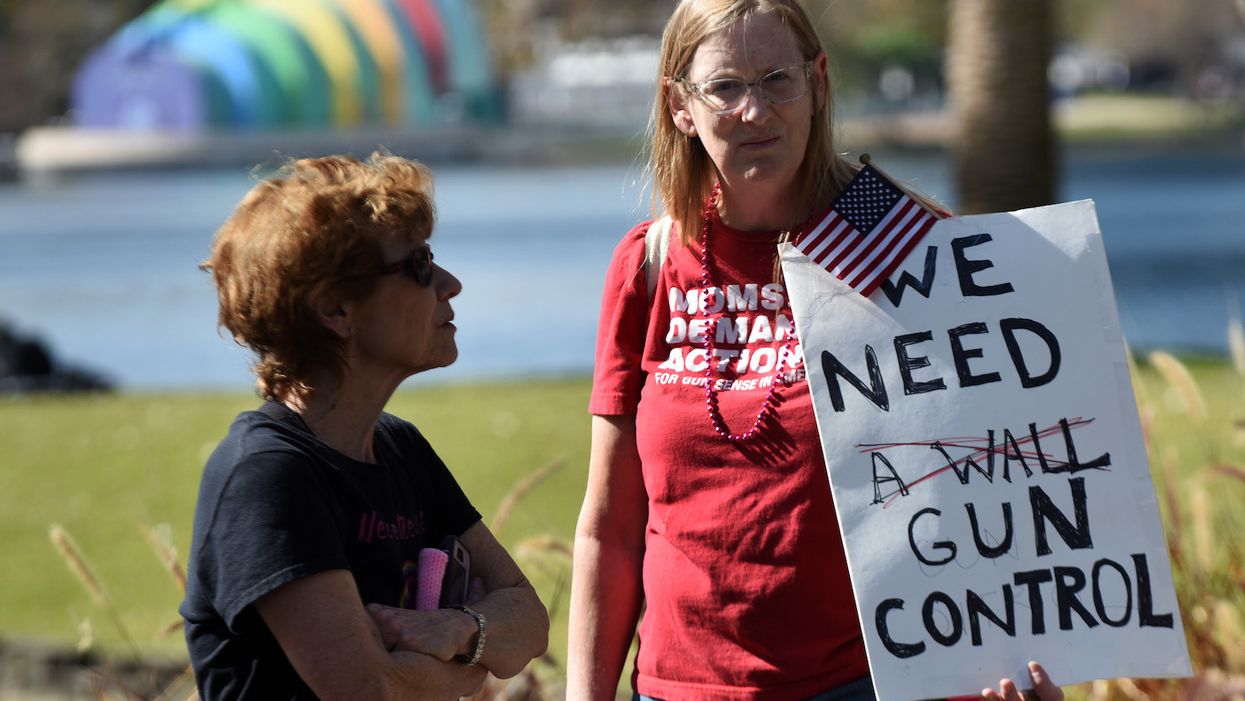
Paul Hennessy/NurPhoto via Getty Images

High potential for abuse
Since the infamous massacre at Marjory Stoneman Douglas High School in Parkland, Florida, in February 2018, the red flag gun law adopted shortly after that tragedy has been used more than 3,500 times — but with a troubling level of inconsistency, the Associated Press reported.
In more than 3,500 cases, the red flag gun law (adopted in spring 2018) has been used to take guns away from people deemed to be a threat to themselves or others due to allegedly troubling behavior or demonstrated mental health issues. However, while some counties are using the law quite frequently, others aren't using it at all.
The AP analysis shows that from March 2018, when the law was enacted, through December 2019, there was a wide disparity in its per capita usage in Florida's 67 counties. Twenty issued at least one for every 5,500 residents during that time period, the statewide average. Three issued at least one for every 2,000 residents, including Gualtieri's Pinellas County, which includes the Tampa Bay area, and has nearly 1 million people. Highlands County, near Lake Okeechobee, ranked No. 1, issuing one for every 850 residents.
On the other extreme, 12 counties issued one for every 30,000 residents or less. Two neighboring Panhandle counties — Escambia and Santa Rosa — issued one for every 100,000 residents or more. Another nine small, rural counties issued none.
This means that, depending on who the police and judges are in the area in which someone lives, it may be significantly more likely that a gun owner is subject to the red flag law.
Under the law, police have to cite threats or serious mental issues to a civil court, the AP reported. A judge then decides whether to approve the extreme risk protection order request. If the judge approves, then the person's guns are taken away for a year. Police can decide to seek an extension if deemed necessary.
This leads to another problem with the system — because it is a civil court proceeding and not criminal, defendants are not guaranteed a free lawyer, which can severely hurt a low-income defendant's chance to win an appeal, according to the AP story.
Although the law received bipartisan support, and such laws have grown in popularity in recent years, there are significant concerns about due process and Second Amendment violations, as well as the potential for the laws to be weaponized against legal gun owners by friends or family members who may have a grudge against them.
(H/T Hot Air)